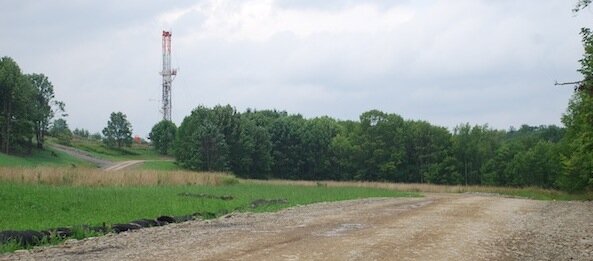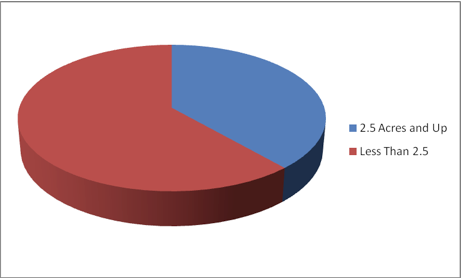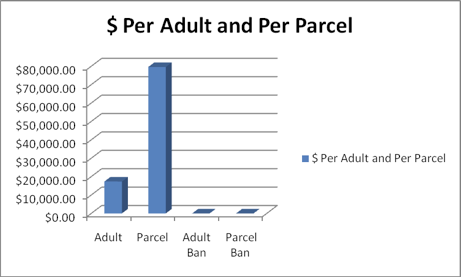Fracking and groundwater contamination: the data
The MIT Energy Initiative’s recently released Future of Natural Gas study is a comprehensive and balanced examination of this essential resource. It contains much information that I will be digesting and using in future posts. Today, I want to focus on the report’s analysis of environmental risks associated with natgas fracking. I want to thank Robert Bryce, whose tweets (@pwrhungry) tipped me to this report.
The authors of the report acknowledge that there are risks associated with natural gas drilling in general, and fracking in particular, just as there are in any resource extraction activity. These risks need to be accounted for and the industry must take steps to mitigate them going forward, especially as drilling expands into regions of the nation that do not have experience with natural gas drilling and where, therefore, the regulatory and oversight functions will be underdeveloped. That being noted, it is also important to examine the actual occurrence rate of environmental problems. Over the past ten years, the authors note, there have been over 20,000 wells drilled and very few incidents of groundwater contamination. In those cases where contamination has occurred, it has usually been gas contamination not, as most commonly feared, contamination with fracking liquids (p. 39). The chart below (reproduced without permission) shows the low frequency of incidents over the 5 year period of 2005-2009.
So, in the thousands of wells drilled in that period, there have been just 20 incidents of groundwater contamination. Thus, while it is a legitimate concern and regulators and drillers alike must be aware of the issue, the fear (sometimes bordering on hysteria) surrounding groundwater contamination is simply not supported by the data. Can it happen? Yes. Is it likely to happen on any given well? Statistically, no. Is the reported level of incidence worth ceasing development of this vast resource? In our opinion, definitely not.
- Log in to post comments






